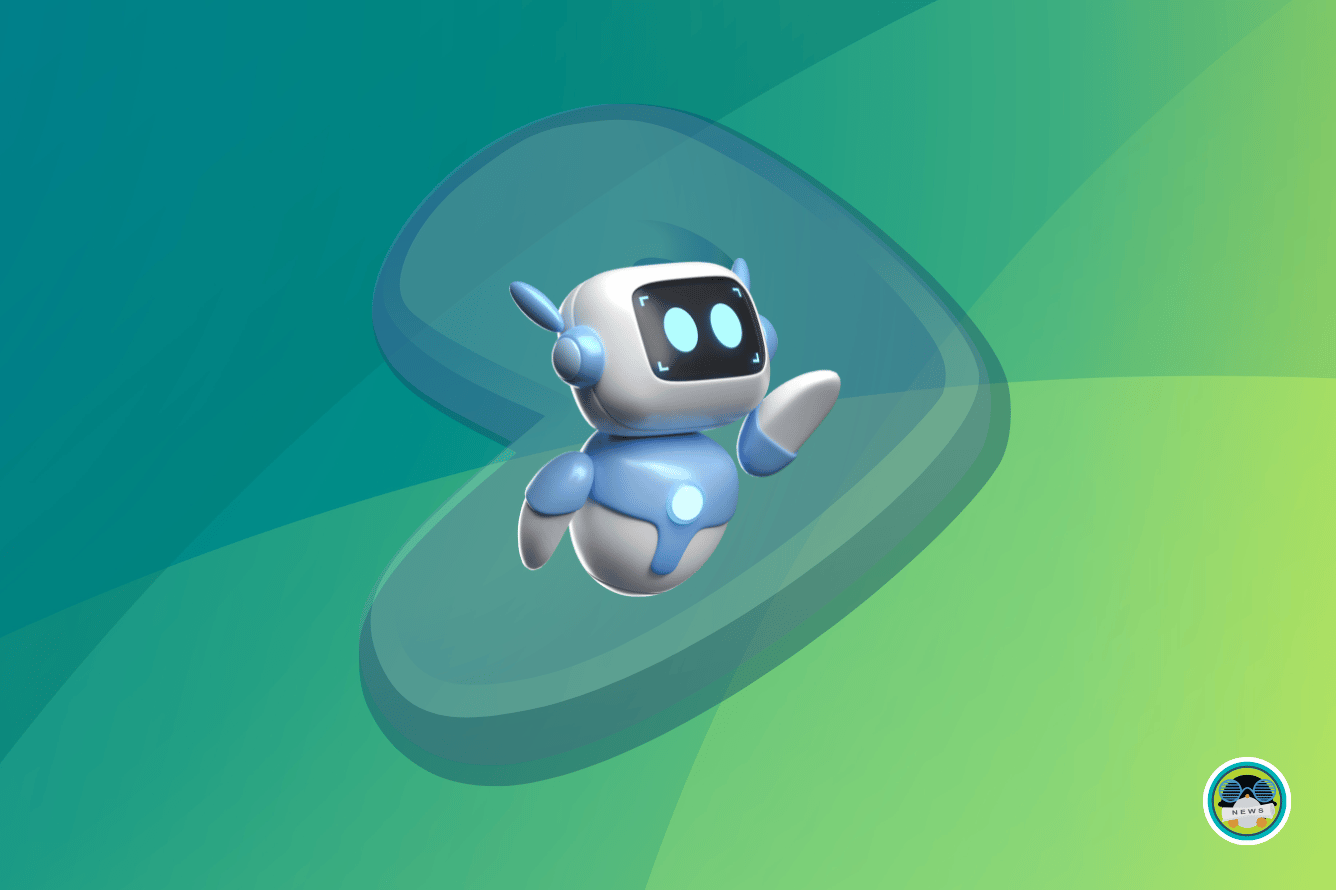
Not a single month goes by without seeing some new lawsuit or another that involves AI spewing out copyrighted content, and the companies behind it being dragged to court to explain themselves (they rarely do).
The world of open-source software development has not been spared either; there have been reports where contributors tried passing off low-quality AI-generated work as their own, which then went on to create issues of their own.
And as it stands, Gentoo Linux has now taken a big step in curbing such AI-generated nonsense. Let's see what they have done.
Clamping Down on AI Before It Does Damage

The Gentoo Council, which steers how Gentoo Linux's development progresses, has passed a motion that bans the use of any kind of AI tool or AI-generated content to contribute to the development of Gentoo. The motion states that:
It is expressly forbidden to contribute to Gentoo any content that has
been created with the assistance of Natural Language Processing artificial intelligence tools. This motion can be revisited, should a case been made over such a tool that does not pose copyright, ethical and quality concerns.
This motion is not something that appeared out of thin air, Gentoo Council member, Michał Górny first pitched this back in February, where he explained the main reasons behind such a move.
First was the fact that many AI tools are trained on copyrighted material, which may cause legal troubles for Gentoo Linux. The second reason was that these LLMs are capable of creating what Michał describes as “plausibly looking bullsh*t”, if one is not careful.
And, the final reason was the ethical concerns that such AI tools bring about, where big AI organizations aren't really concerned about people or their work, while also causing huge energy resource waste and making way for layoffs and exploitation of IT workers.
The Gentoo Council members subsequently discussed banning AI-generated code submissions on March 10, but there were some things that they had to iron out before they could pass the motion.
Then, at the council meeting on April 14, they decided to vote on it, and it passed with six votes in favor and zero votes not in favor.
In conversation with The Register, Michał noted that:
I think it's a good PR move for Gentoo right now, when a lot of projects are being enthusiastic about 'AI,' I feel that many Gentoo users really appreciate the old school approach to software engineering where humans matter more than 'productivity.
He also emphasizes that it won't be an easy challenge to differentiate between human-written code and AI-generated code, but the main objective behind this move is to clarify the situation with AI, and to establish what's acceptable, and what's not.
Interestingly enough, you might have noticed that the motion also states that it could be revisited. If there is a solid case for implementing an AI tool that does not cause the same copyright, ethical, and quality issues like, say, ChatGPT or Copilot, then they would be open to implementing it.
On this, another Gentoo Council member, Sam James, said that:
Things may have changed a lot (or not at all) by a year, as things are moving quickly, the council has already foreseen a future case where they make an exception for AI – a model trained specifically on Gentoo.
This would (in theory) eliminate concerns over copyright infringement, and could potentially result in higher quality code.
I agree with him on that. If they were to implement an AI tool tailored for Gentoo Linux, its development could benefit as a whole. But that is not happening anytime soon, and we will have to wait and watch to see if it does happen at all.
Even though Gentoo Linux hasn't faced any issues with AI-generated code, the council members want to avoid a situation where they run into issues caused by AI.
If you ask me, that's just forward-thinking, which is great! 😃
💬 What do you think? Is AI assistance in distro development a good idea?
- Even the biggest players in the Linux world don't care about desktop Linux users. We do.
- We don't put informational content behind paywall. Your support keeps it open for everyone. Think of it like 'pay it forward'.
- Don't like ads? With the Plus membership, you get an ad-free reading experience.
- When millions of AI-generated content is being published daily, you read and learn from real human Linux users.
- It costs just $2 a month, less than the cost of your favorite burger.
Become a Plus Member today and join over 300 people in supporting our work.










